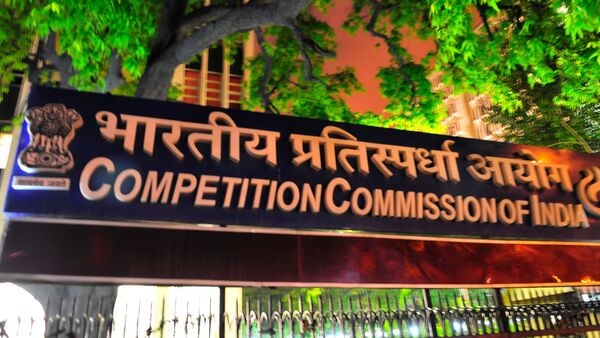The Union government’s decision to tweak the penalty formula for competition law violators may face legal challenges, experts said.
Passed by Parliament earlier this month, the Competition Amendment Bill proposes to tweak the penalty formula applicable for anti-trust violations. Until now, the Competition Commission of India (CCI) used to calculate the penalty against an entity based on what is called ‘relevant turnover’. But the government has clarified in the new bill that the ‘global turnover’ of the entity will be considered for computing penalty.
Through this tweak, the government has tried to overturn a Supreme Court judgement and hence its validity is likely to face judicial scrutiny through writ petitions, said legal experts.
According to the Competition Act, CCI can levy penalty of up to 10% of the average turnover in the last three years.
“This provision is likely to be challenged in a writ petition, and it remains to be seen whether it will hold up to judicial scrutiny,” said Avaantika Kakkar, head of competition practice at Cyril Amarchand Mangaldas. “The amendment requires the CCI to frame penalty guidelines—giving the CCI an opportunity to resolve the conflict between the amendment and the proportionality principle laid out in Excel Corp Case.”
Consider a domestic auto manufacturer which is into commercial vehicles and passenger cars. The company also exports vehicles. Now, say the company has adopted some monopolistic practices in passenger car segment. However, there are no allegations against the company in commercial vehicle segment or in export segment. Until now, CCI used to impose penalties based on revenues the auto company makes in the passenger car segment since that is the segment where the violation happened. Going forward, penalties will be based on the global turnover of the auto maker which means even revenues of commercial vehicles and exports will be accounted for.
In the 2017 Excel Corp case, the apex court had said CCI should consider only relevant turnover while calculating penalties. The court had also observed that the penalty should be proportional to offence. Legal experts said the tweak could put certain types of companies in an unfair position. For instance, large companies with multiple streams of businesses and foreign companies which use India as their regional export hub could face steep penalties even for small violations.
“The amendment effectively overturns the Supreme Court’s position in the Excel Corp case and strikes at the heart of the proportionality principle, and it is likely to be the subject of judicial scrutiny in the future,” said Vaibhav Choukse, head of competition practice, J Sagar & Associates. “Companies with a global presence may be penalised more than companies with turnover limited to India signaling potential protectionism.”
Interestingly, this provision was a last-minute addition to the Competition Bill.
“The legislative thought process behind this change is unclear, since it was not discussed by the parliamentary committee tasked with deliberating on the amendment bill. Rather, this was a last-minute addition to the 2022 draft of the bill,” Kakkar added.
However, the government is viewing this tweak as a mere clarification, said a person with direct knowledge of the matter. “The original competition act doesn’t mention relevant turnover. In fact, until the Excel Corp judgement penalty used to be calculated based on total turnover. Through this clarification, the government has reverted to old rule position,” said the person cited above.
Download The Mint News App to get Daily Market Updates & Live Business News.
More
Less
#Legal #hurdles #antitrust #fines #tweak



